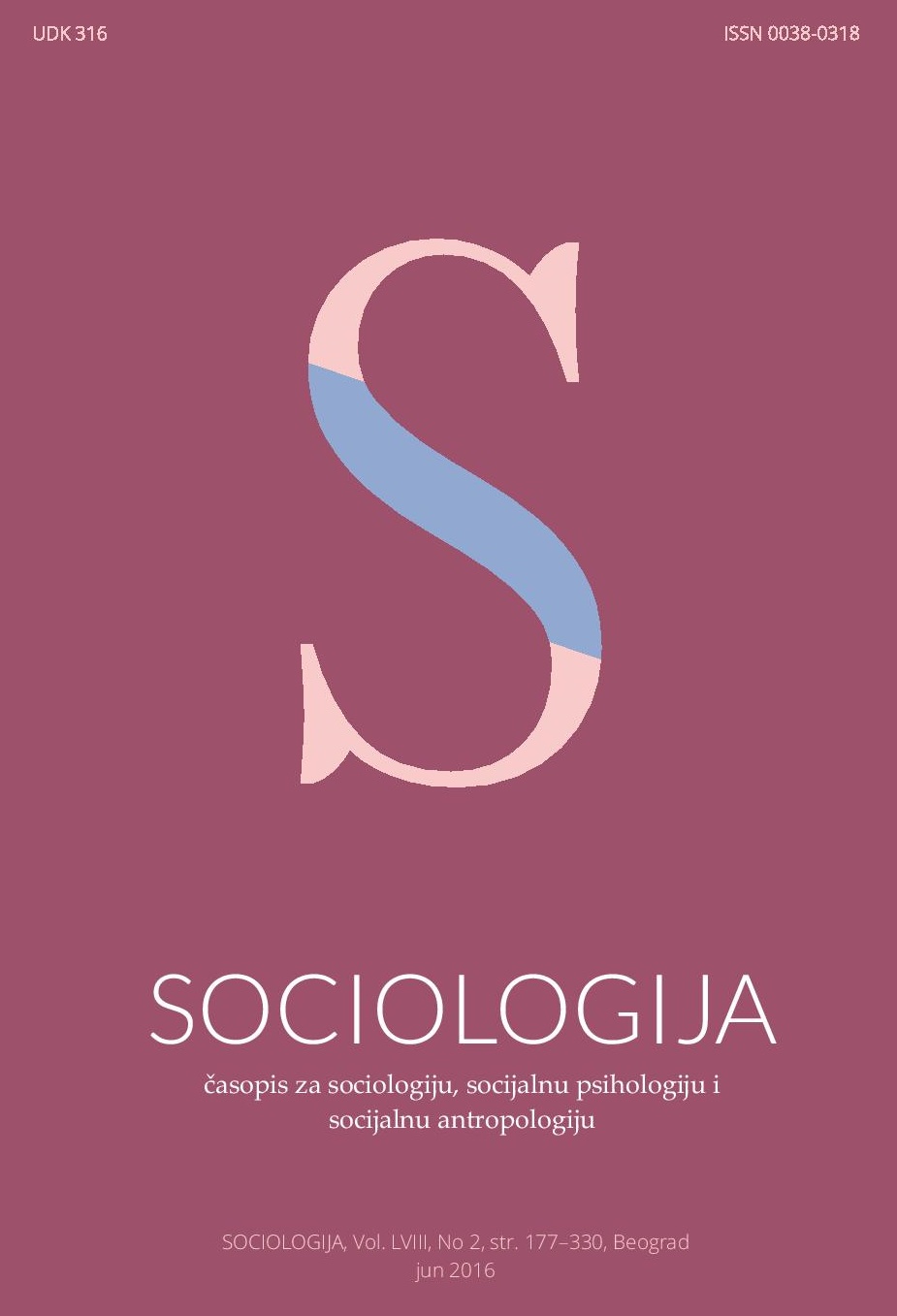THE IMPACT OF EXTERNAL DONORS ON NGO PRACTICE AND POLICY-MAKING
THE IMPACT OF EXTERNAL DONORS ON NGO PRACTICE AND POLICY-MAKING
Author(s): Jonathan WebbSubject(s): Policy, planning, forecast and speculation
Published by: Sociološko naučno društvo Srbije
Keywords: Social capital; Formal; Informal; NGOs; policy-making; social network analysis (SNA).
Summary/Abstract: Different views exist regarding the relationship between international aid donors and recipient organisations. International donors are either seen as essential actors for democratising societies or as external interventions that further advance the interests of certain groups. Using Serbia as a case study, this paper argues that by analysing the structure of donor-recipient relationships, a more nuanced understanding emerges based on an analysis of the formal and informal mechanisms that link donors and actors. To reach this understanding, an initial case study of a donor organisation, the United Nations High Commission for Refugees (UNHCR), is conducted. By undertaking a network analysis of donorrecipient relationships on UNHCR funded programmes, the agenda setting power of donor organisations is demonstrated. This initial analysis demonstrates how financial capital first links these groups. Over time, financial capital crystallises into social capital that sustains non-governmental organisation (NGO) ‘cliques’. Advancing this initial analysis, a second stage of network analysis demonstrates how NGO cliques interact with an organisation capable of influencing government social inclusion and poverty reduction policy. In reflecting on these actor networks, it is demonstrated how social capital constituted through both formal and informal linkage, remains crucial for the UNHCR to implement its objectives, for NGOs to ensure their continued relevance and for government actors to obtain policy advice.
Journal: Sociologija
- Issue Year: 58/2016
- Issue No: 2
- Page Range: 280-301
- Page Count: 22
- Language: English

